Protests spread
Pro-Palestinian demonstrations that started in the U.S. have spread across the world to London, Paris, Toronto, Rome, Sydney, Tokyo and Beirut.
College officials' responses to the protests have occurred against a global debate over the U.S.' role in the conflict, while both major U.S. political parties have been jockeying for the moral and political high ground.
After weeks of pro-Palestinian protests on campuses nationwide, threats of arrests and expulsions have caused many to shut down as schools end the academic year this month.
However, protests have lingered at some colleges including the University of Virginia, New York University and the New School in New York.
At the University of Virginia, a small group of protesters that included students, faculty and community members set up an encampment on the Charlottesville campus.
They sang songs, read poetry and painted signs to protest "Israel's war in Gaza". However, the peaceful protest ended on Saturday when state police stormed the encampment. Photos on social media showed police in tactical gear with riot shields using tear gas and force to disperse the protesters. At least 25 pro-Palestinian demonstrators were arrested on Saturday, The Washington Post reported.
After the encampment was cleared, police began to push against a growing crowd of protesters, some of whom had come out to support the original demonstrators, and others who were there to witness the scene unfold. Police indiscriminately sprayed tear gas into the crowd, according to the Daily Progress newspaper.
Meanwhile, early on Friday morning, police cleared two pro-Palestinian encampments and arrested student demonstrators at New York University. Student demonstrators had been sleeping in tents inside a New School building and on sidewalks outside NYU buildings in downtown New York.
New York Police Department officials said they acted after the two universities asked for assistance to disperse the illegal encampments. Police arrested 13 people at NYU and 43 at the New School.
NYU President Linda Mills defended the decision to ask for police help, saying that the university leadership "could not tolerate the risk of violence any longer".
In explaining her decision, Columbia President Minouche Shafik said she asked police to end the demonstrations as the protests had pushed the university to the brink.








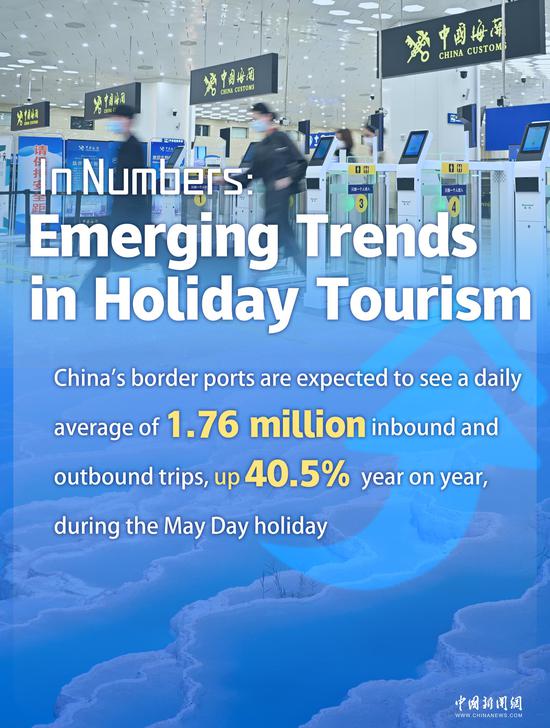

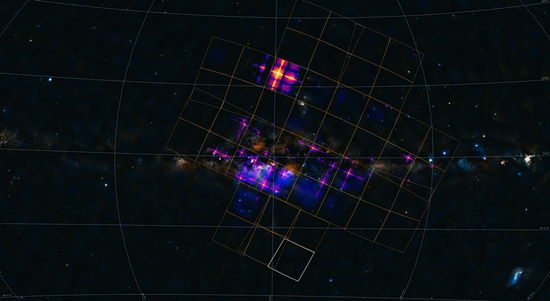
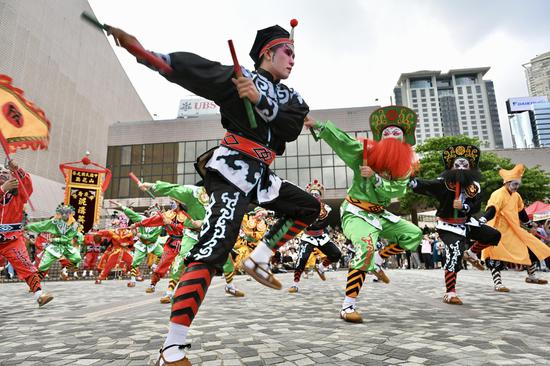


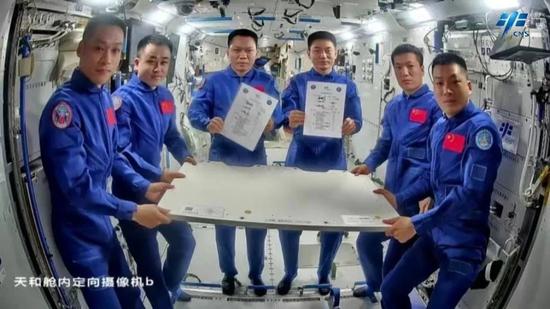
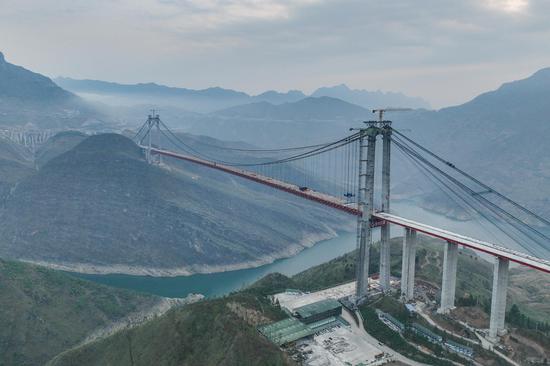
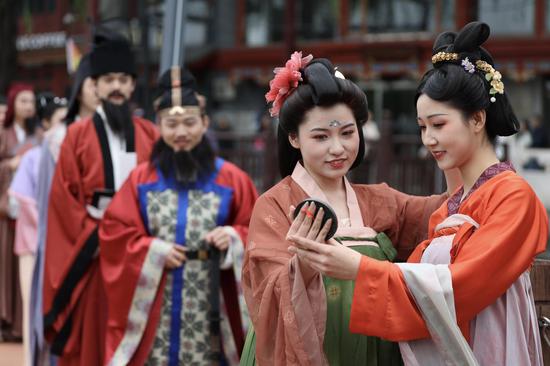
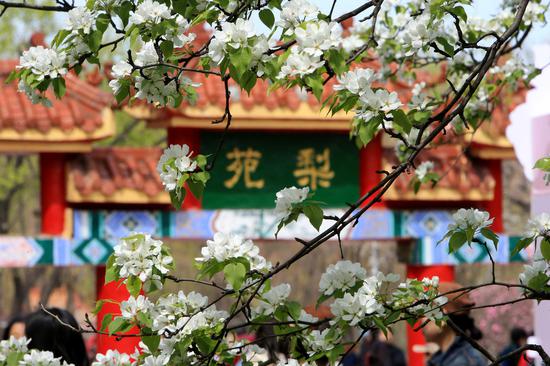
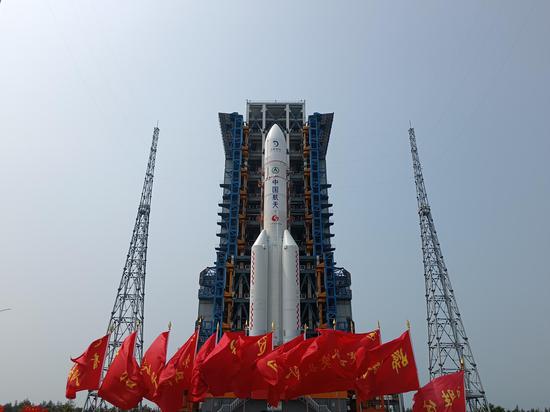


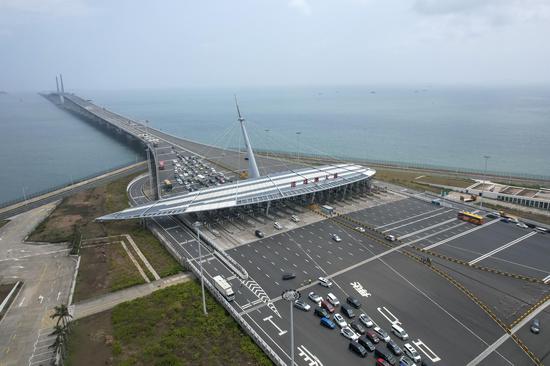
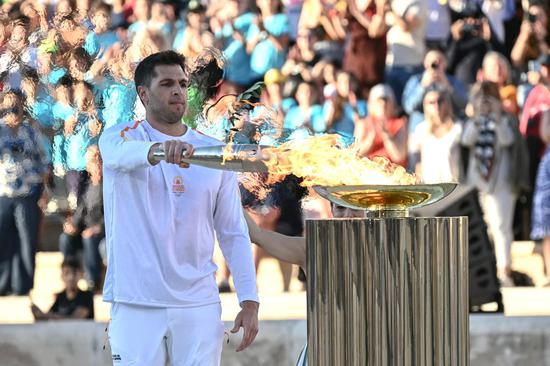
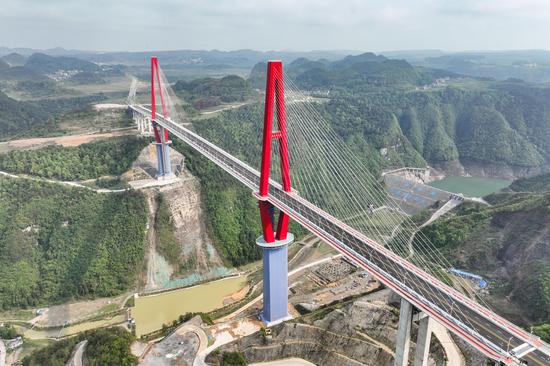
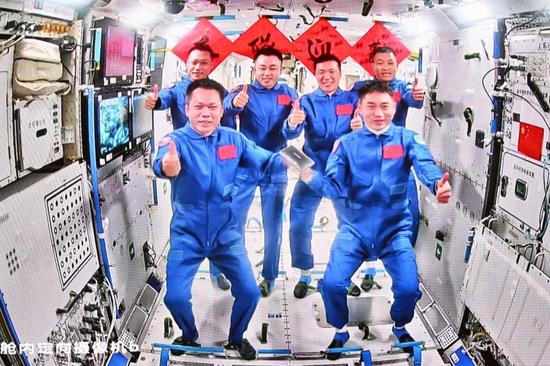
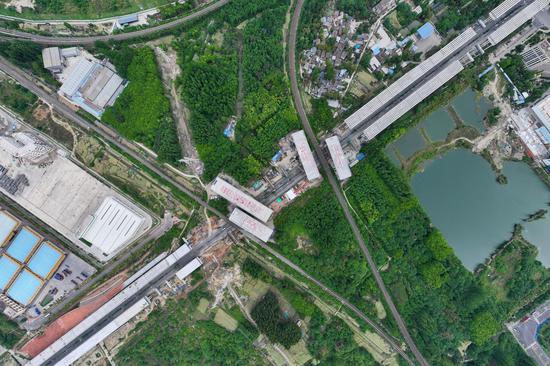
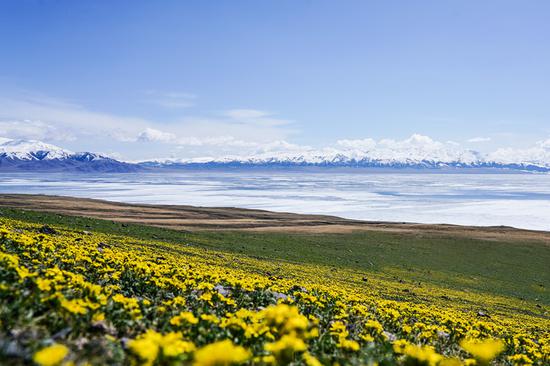
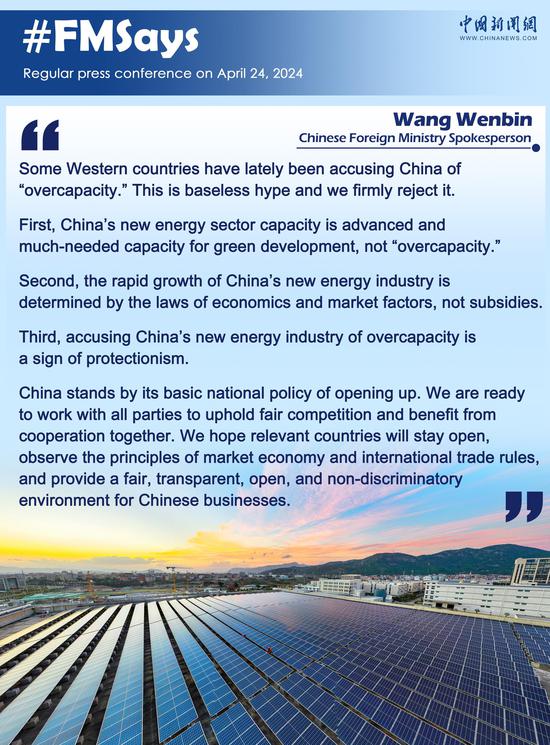
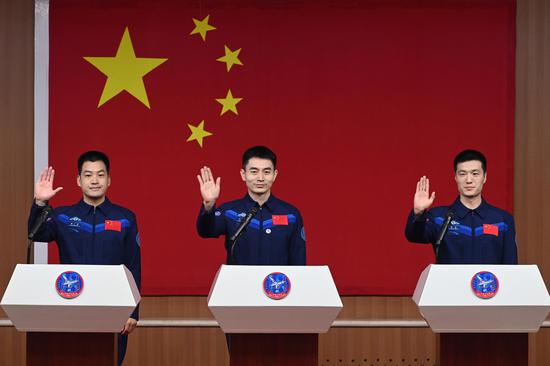
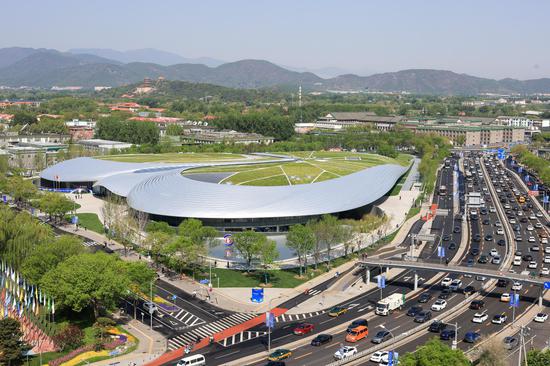
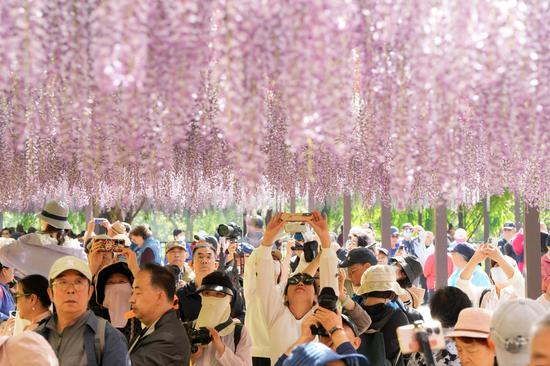
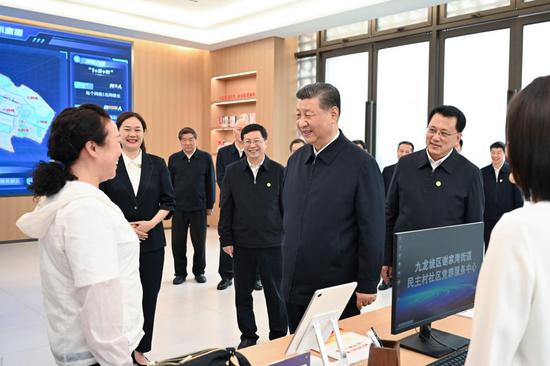
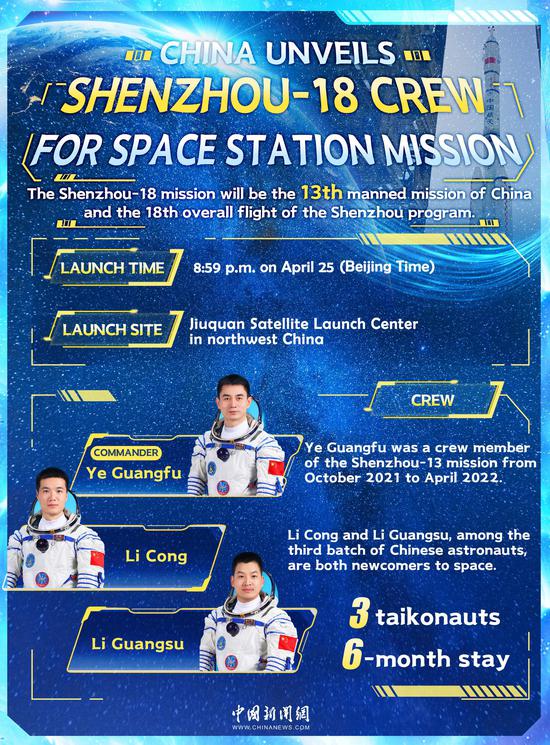
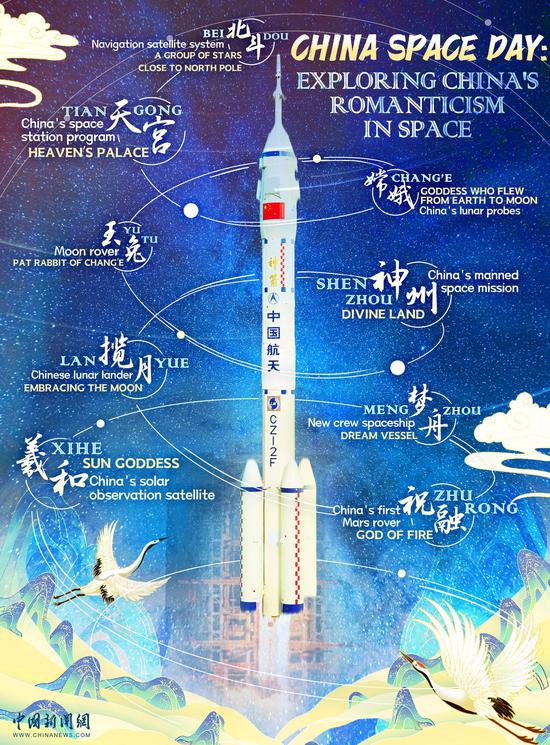
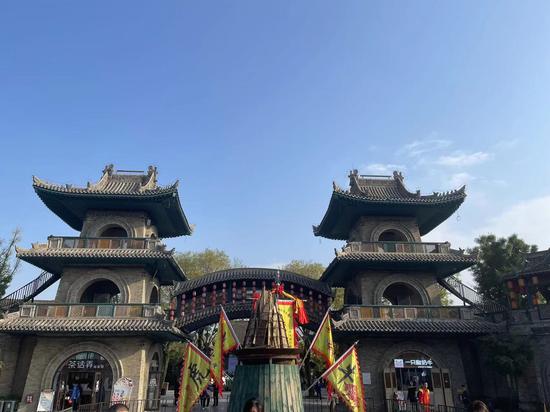
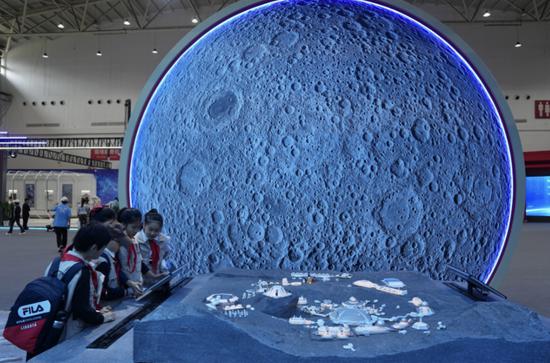
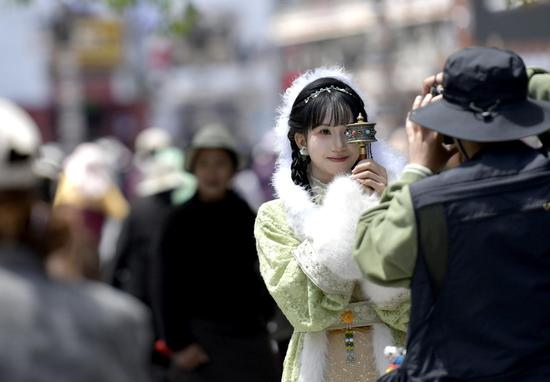


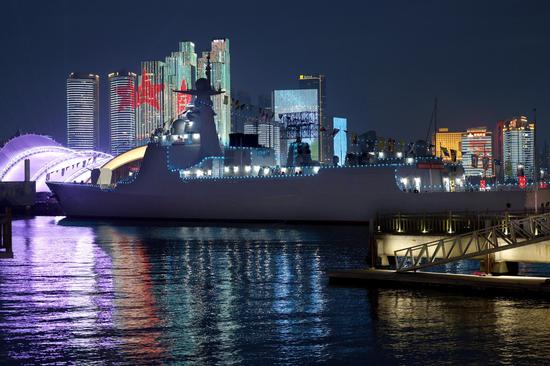
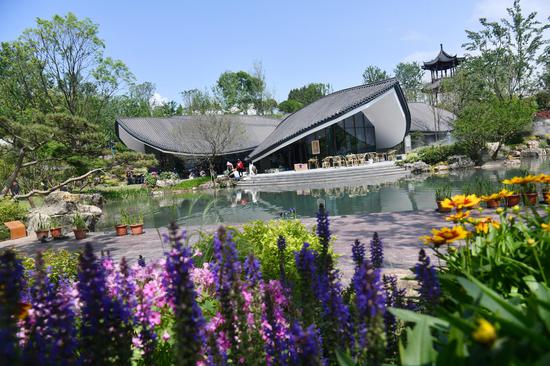
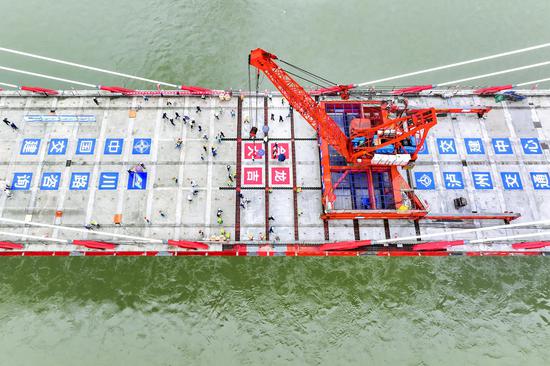
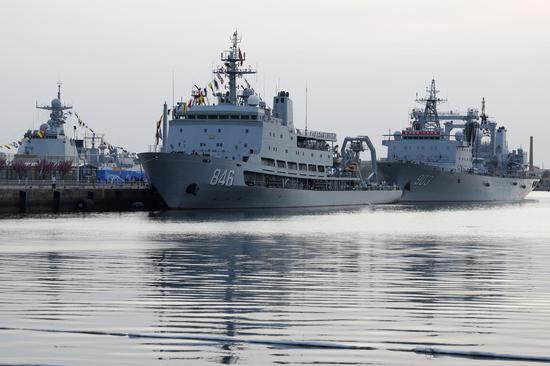
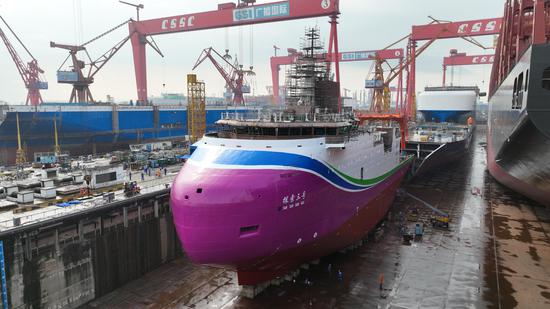
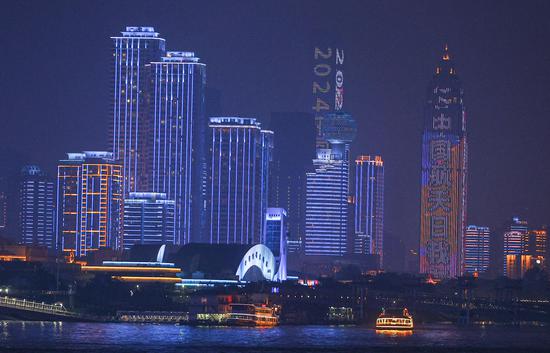





 京公网安备 11010202009201号
京公网安备 11010202009201号